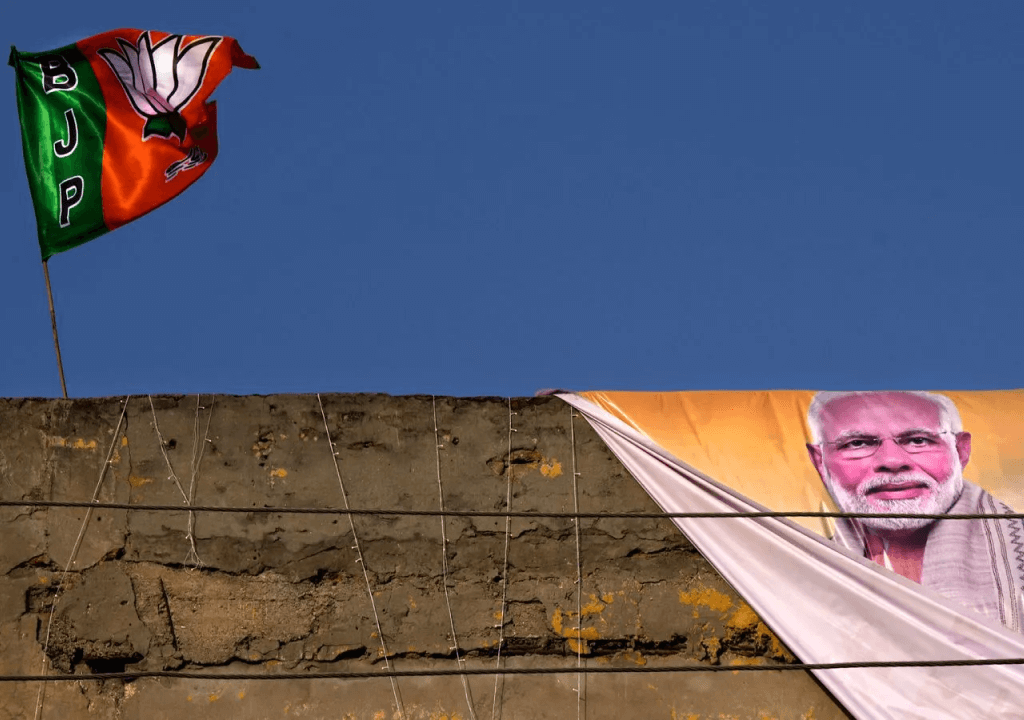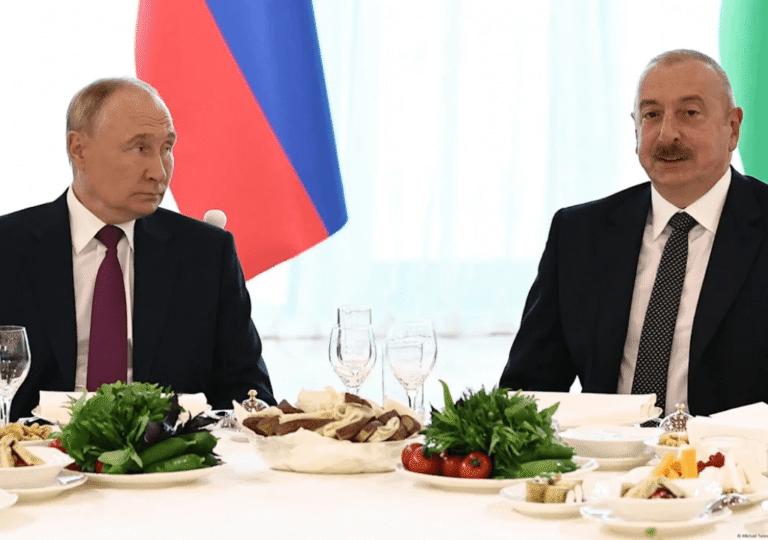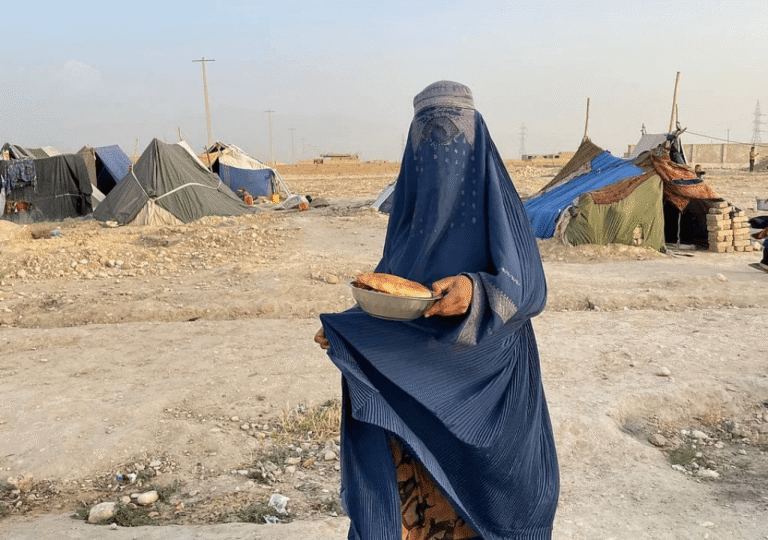India’s Prime Minister and leader of the Hindu nationalist Bharatiya Janata Party (BJP), Narendra Modi, is frequently depicted as a far-right figure in the media. Modi reinforces this perception with his comments on Hindu nationalism and remarks targeting Muslims. He is carrying out several Hindu nationalist agendas, including building the Ayodhya temple, renaming places, granting citizenship to Hindu refugees from neighboring Islamist countries, and scrapping Sharia laws in Kashmir, among others.
Modi receives a lot of criticism for these actions from the opposition, and he is already heavily disliked by communist and Islamist populations. He is receiving substantial criticism for his actions that disrupt conventional center-left politics in the country. But as he enters his third term, he faces unexpected opposition from the far-right. They are slowly targeting Modi for not doing enough to establish a Hindu nation, even though he has held an absolute majority for the last ten years. A lot of protests and meetings by the country’s far-right supporters are demanding that the Modi government establish a Hindu nation. Many accuse Modi of diluting Hindutva, even though he is portrayed as an authoritarian far-right symbol by left-leaning and neutral media.
In the Indian social media space, especially on X, there is a surge in content portraying Modi as a centrist leader and a business-oriented man rather than a true Hindu leader. Hindu nationalists online argue that Modi is betraying Hindu nationalism and call for him to return to his early 2000s stance when he was accused of inciting the Gujarat riots. These individuals do not like Modi diluting his stance and becoming another centrist prime minister.
But it is clear they don’t have a political party and a leader like BJP and Modi, who can mobilize common people at the grassroots level. In reality, there are not many other parties with Hindu nationalism or even engaging in similar politics. In India’s complex political landscape, political parties are often formed based on the interests of reputed families. Even political parties initially founded on political ideologies eventually turn into vehicles for the interests of the leaders families. There are many examples of this phenomenon. The Indian National Congress, founded on anti-imperialism and socialist ideology, has now shrunk to a party serving the interests of the Nehru family. Janata Dal, a political party that once provided prime ministers and was the second biggest party, split into many factions due to the interests of various families. The only reputed political party not driven by family interests and that carries a political ideology is the ruling Bharatiya Janata Party, which advocates for Hindu nationalism. That’s why people choose BJP and Modi.
But many election experts believe the reduction in numbers BJP obtained in the last parliamentary election is due to discontent among supporters of Hindu nationalism. There is criticism from Hindu organizations that Modi is becoming an idol and is getting away from the core ideology of the BJP. Several Hindu organizations have already expressed their discontent in how Modi is projected more than the Hindu ideology he represents. Narendra Modi presented himself as the chief priest in the Ayodhya temple inauguration and made statements that he represents God, with his fans often worshiping him with chants usually reserved for Hindu gods. All of this is enough to consider whether he is straying from the founding principles of the BJP.
Besides this, while Modi secured a majority in both houses of Parliament last time, he has not pushed for the long-term dream of Hindu organizations: the Uniform Civil Code (UCC), which would dismantle the Muslim right to follow Sharia law in India. He is also not ready to abandon the changes introduced by Indira Gandhi, which included words like “Secularism” in the preamble and some articles. Some Hindu nationalists, often Muslim haters, criticize Modi for not working towards a hijab ban, madrassa ban, population control bill, etc.
There are also long-standing demands, such as removing illegal immigrants, mostly Muslims from Bangladesh, which change the demographics of many places in India, making them Muslim-majority areas. Additionally, Modi has not worked towards recapturing Pakistan-occupied Kashmir, among other issues. Many believe Modi will not be able to address these concerns in his third term, as he is now at the mercy of alliance parties that do not carry Hindu nationalist agendas. Therefore, they are angry that Modi has wasted ten years.
The third term will be challenging for Modi, as he needs to appease Hindu nationalists. However, he faces limitations in a coalition government. The far-right factions are not ready to settle, and their demands will likely intensify. Staying in power without satisfying them could lead to a rise in far-right movements in India. Currently, India has only two Hindu nationalist parties, BJP and Shiv Sena. Both are part of the alliances and cannot significantly push the Hindu nationalist agenda. This creates a space with high potential, waiting for a leader.








